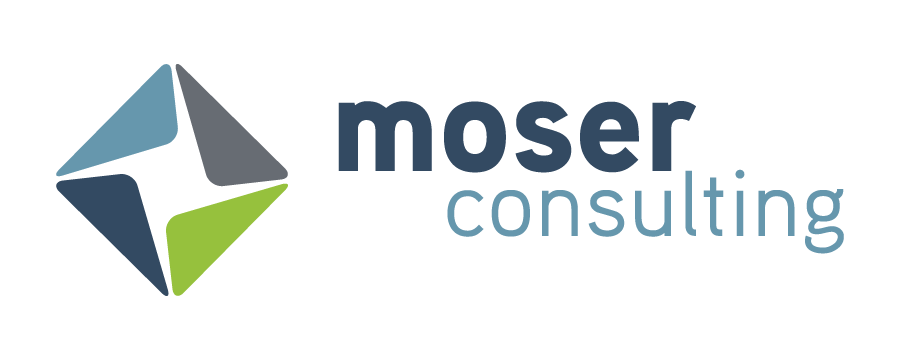How Do You Trust Data?
Among executives, 78% have problems using data to make decisions, according to a 2021 Data Health Survey by talend. Even in a world that seems flooded with data and reports, business leaders still can’t—or don’t—apply the data when making their decisions. Why? 50% rated data quality as the leading challenge. They simply don’t know if they can trust the data.
In the eyes of these stakeholders, consistency and completeness of data is never guaranteed. Its timeliness and relevance are also sometimes in question. And even when data is reliable, it may not be easily accessible. Is it any surprise that executives are sometimes ignoring data and going with their gut?
The same qualities that make data unreliable for humans make it unreliable for artificial intelligence. AI adoption is growing around 9% annually, with 56% of respondents to a 2021 McKinsey Global Survey on AI reporting they use artificial intelligence in at least one function.
This means that even though 78% of executives aren’t able or willing to use data to inform their own decisions, artificial intelligence platforms are being invested in to drive excellence with the same unreliable data.
How can you get to a place where you trust your organization’s data, for decisions made by both humans and automation? Moser Consulting is providing tips and guidance to extract more value from your data in our latest blog.
Why Do We Trust Data?
Businesses trust in data and take action on it despite suspecting its flaws because they know that even flawed data holds insights and efficiencies. Even if data isn’t perfect, it can still reveal trends and patterns in customer acquisition and retention, marketing, user adoption, and other areas. When businesses have already achieved success in these areas, AI helps transfigure those wins into repeatable processes.
But when the underlying data informing AI is not properly governed and managed, these wins are at best limited. At worst, bad data can lead to bad decisions and increased risk, while bad data management can lead to security breaches and losses of consumer trust.
For AI to truly work—and for employees to trust the predictions it provides—the data underlying it must be clean, organized, and secure. What’s more, the steps an organization has taken to clean and secure the data must be communicated to end users, not just the data analysts and those who provide data.
What Does it Mean to Trust Data?
For many, trusting data means getting past concerns about data bias. Data bias is the fact or perception that the available data is not actually representative of reality. Everything from a small survey size to missing variables to label bias based on gender, race, or other societal factors are all forms of data bias. In human users, knowledge of these gaps means they may not take data seriously. In artificial intelligence, these biases can lead to inaccurate forecasts and skewed recommendations because the perspective driving the algorithm is limited.
The answers to concerns about data bias are processes of data integrity and data governance.
Data Integrity
Data with integrity is accurate and reliable. Data can have both physical and logical integrity. The physical integrity of data refers to how it is stored and who has access to it. The logical integrity is whether the data is complete and accurate in and of itself. Data which includes factors of societal bias, for instance, would be considered to lack logical integrity, because the stereotypes in the data are inaccurate. Data integrity is preserved through clear rules about data entry and validation, including validating the practices of third parties who provide data.
Data Governance
Data governance is the cross-enterprise process(es) for ensuring data integrity, security, and that data is being used as intended. Data governance programs must be focused on the business goals a company is seeking to achieve by leveraging data. This could be more employee buy-in, better performance on annual compliance, or improved relationships with high-value customers. Data governance programs achieve these aims by breaking down departmental data silos. This helps reveal inconsistencies and potential errors in data, while also giving decision-makers access to the full set of insights available to the business.
For decision-makers, trusting data means being confident it is accurate and reliable. This confidence requires at least partial understanding of the processes and procedures that have led to that state of data quality. No one likes to be told “just trust it,” and when that is all people have to go on, they rarely share their trust.
If you are looking for guidance and support to clean up your data and better-communicate your data initiatives to employees, Moser Consulting is the partner for you. Our team of experts works with your internal employees to teach them how to clean up data, look for signs data is in trouble, and develop and communicate data governance techniques that are custom-fit to your business. You might not trust your data just yet, but you can trust Moser Consulting to help you get to that ideal state. Contact us today to start the conversation!


